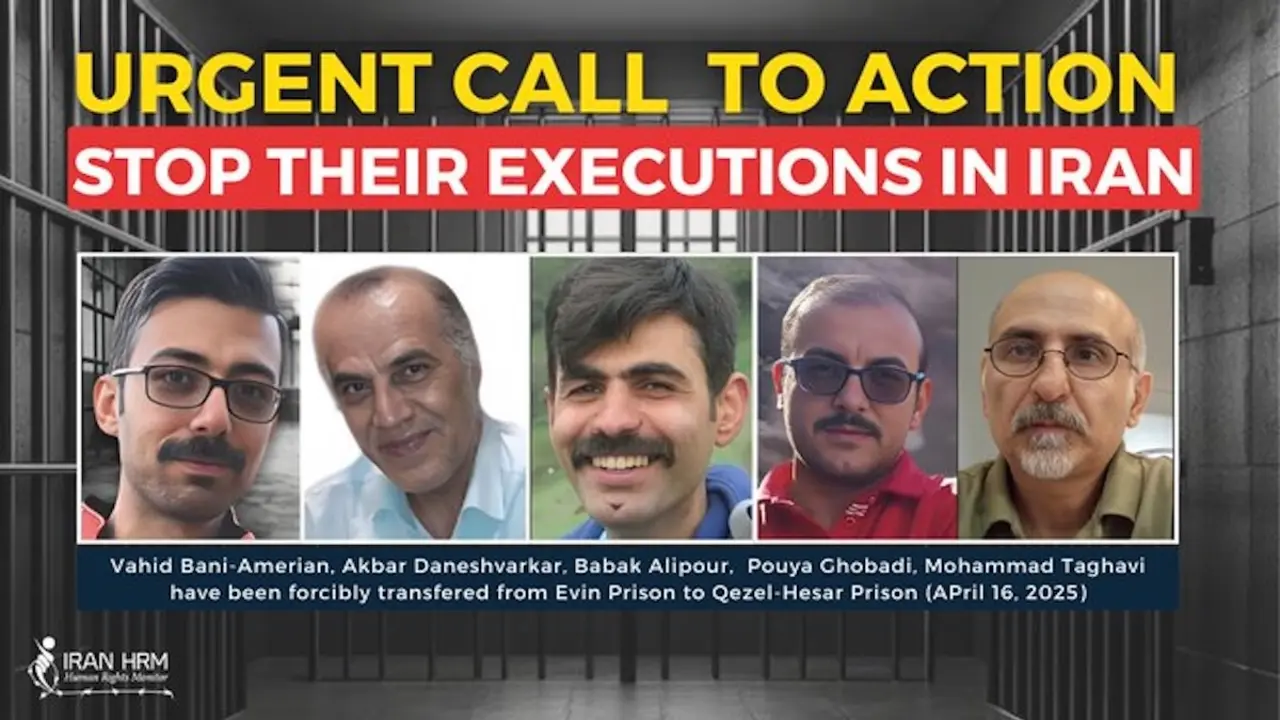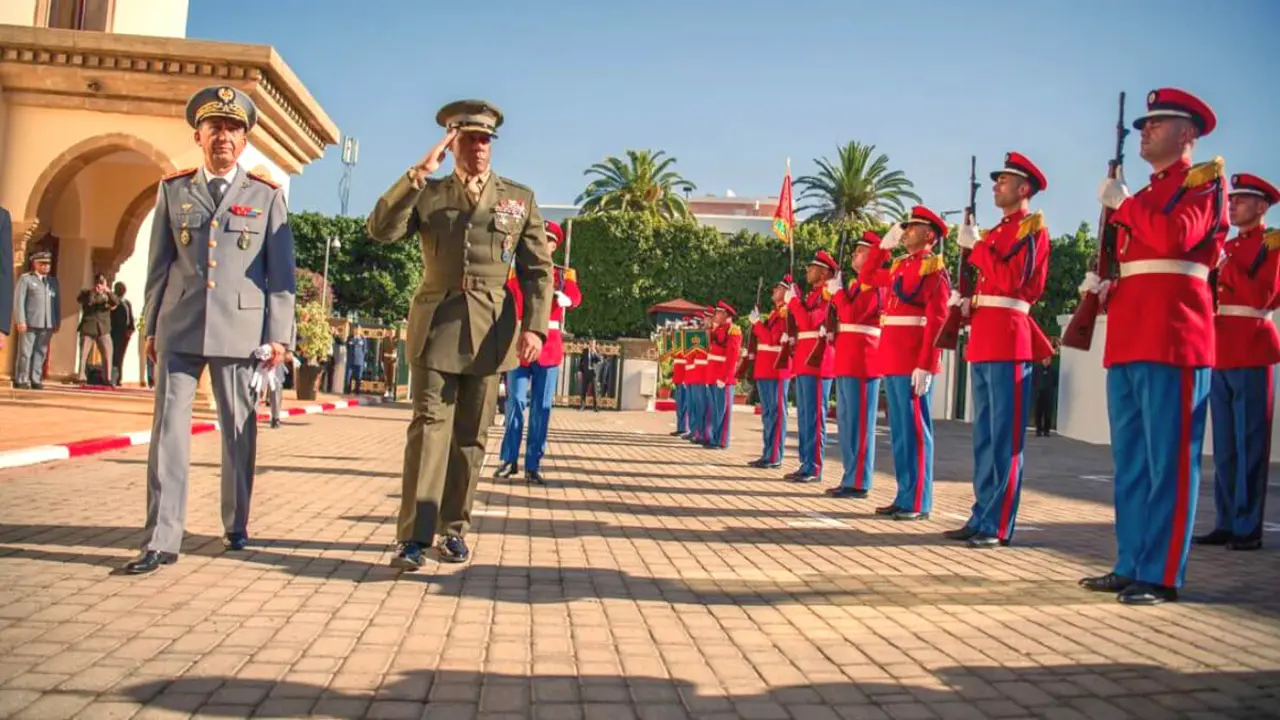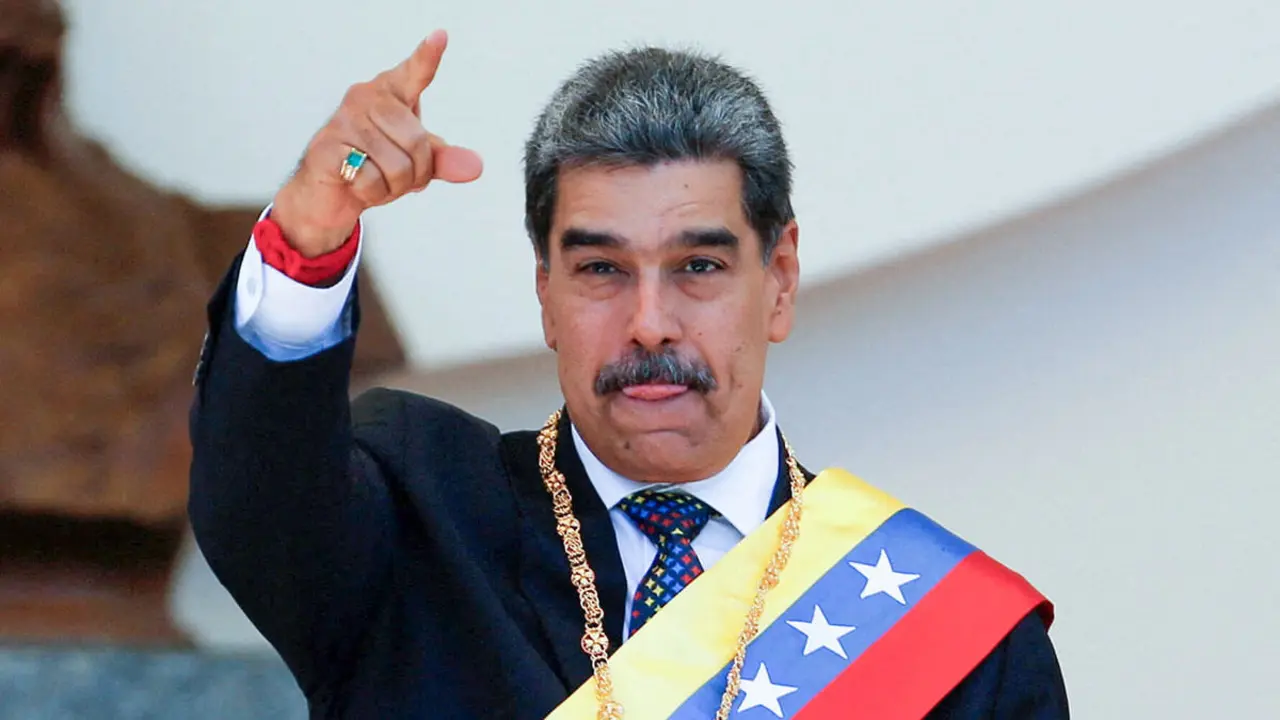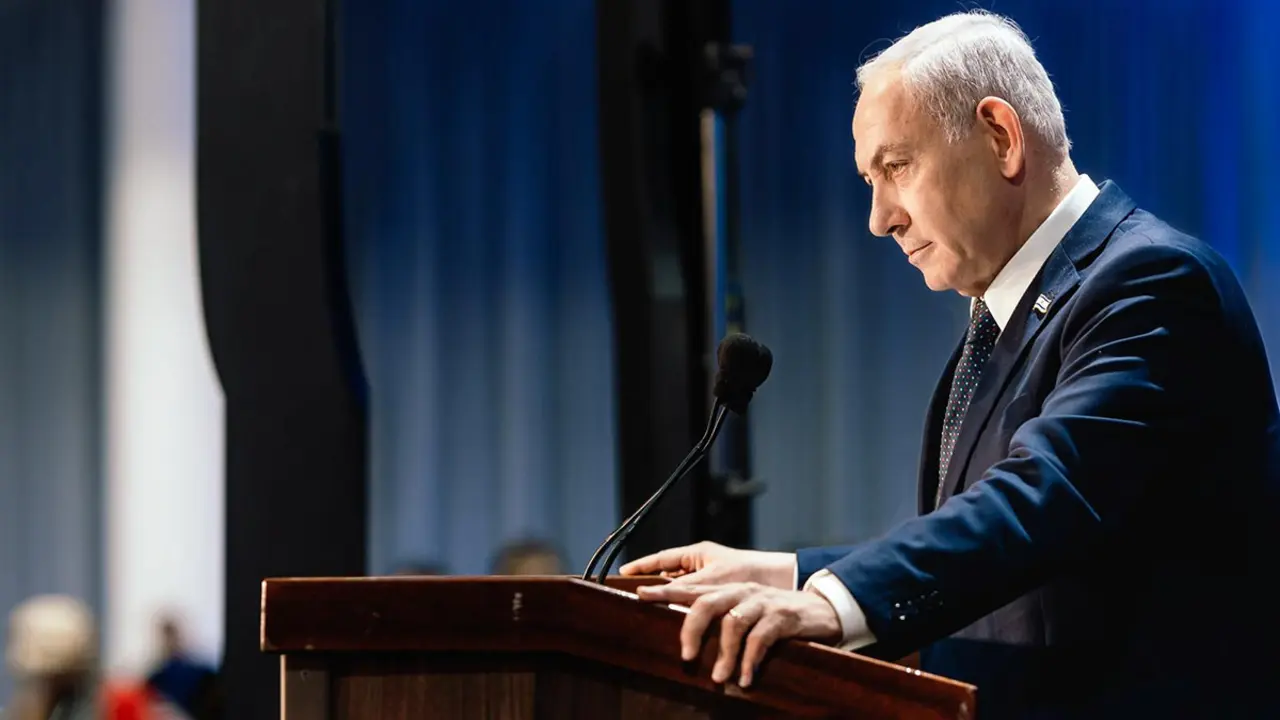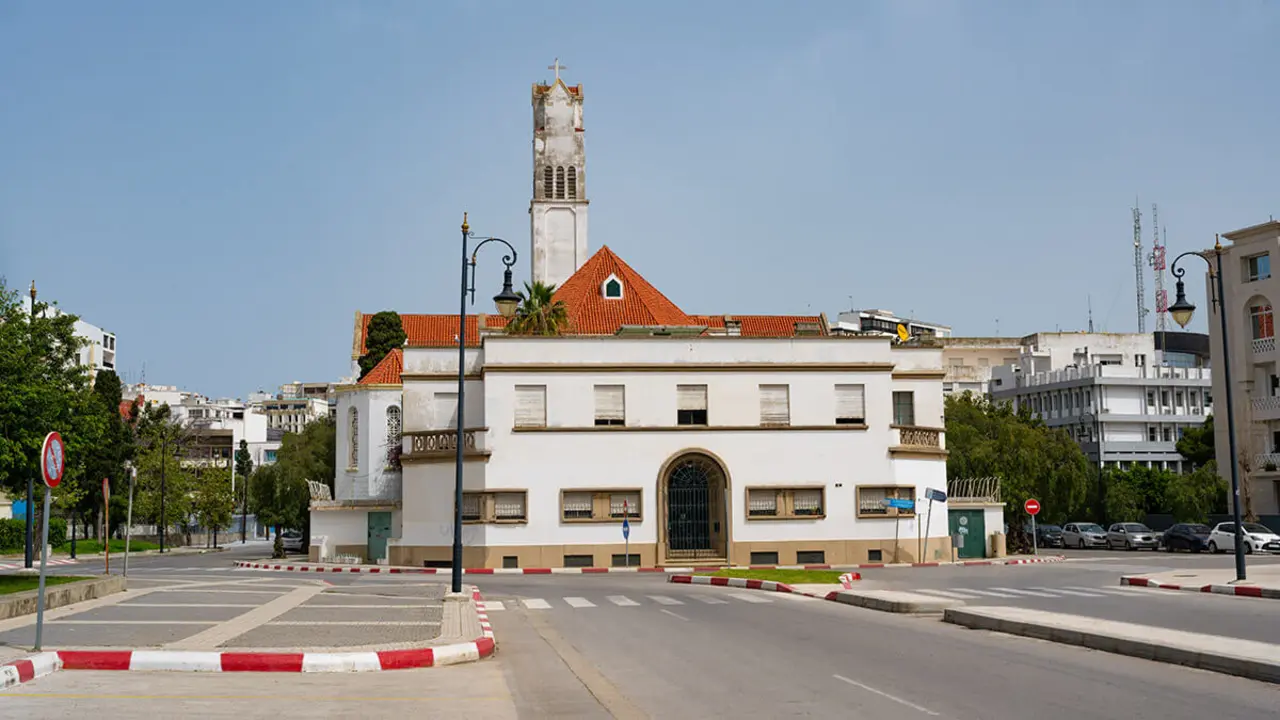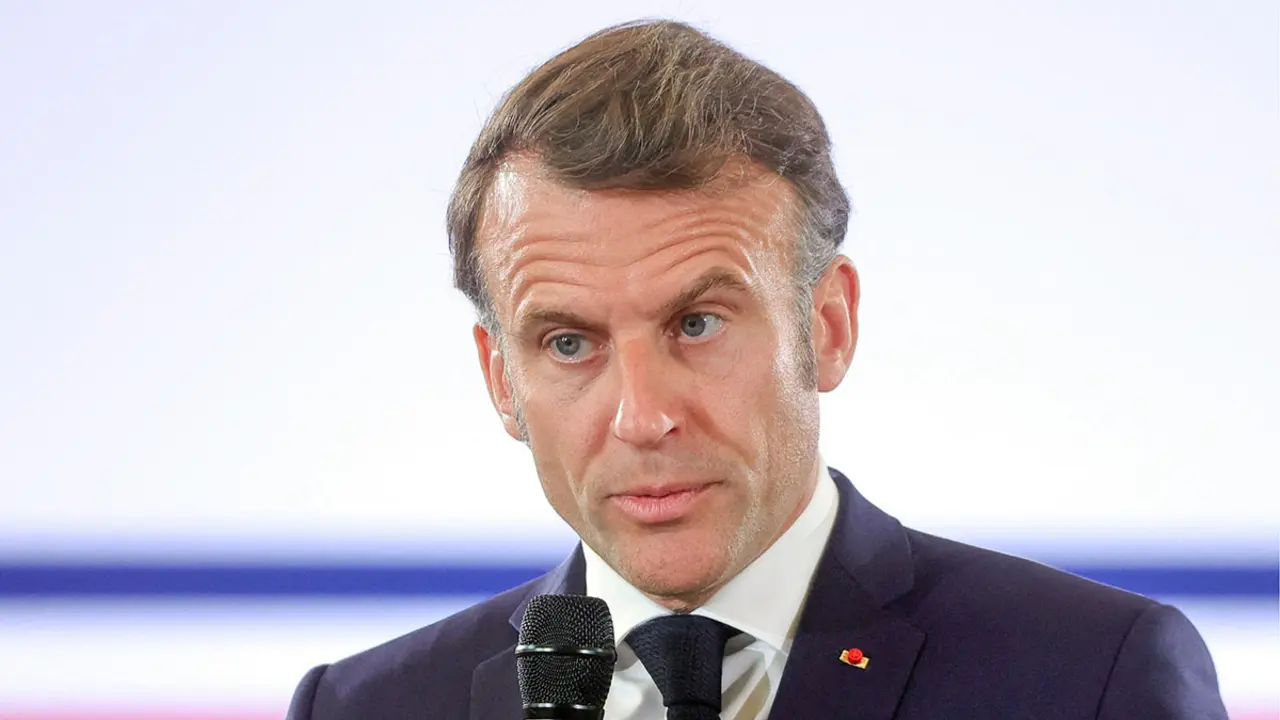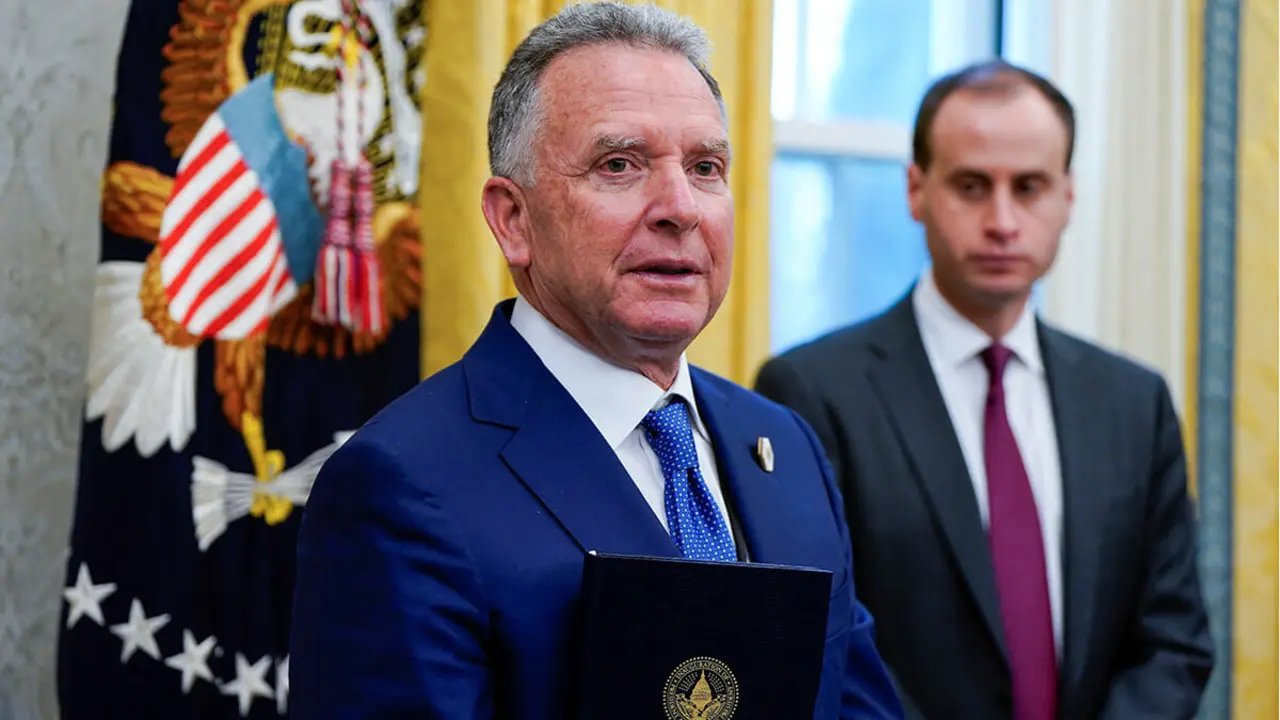El Ejército marroquí entra en el sur del Sáhara para romper el bloqueo del Polisario

Several weeks ago, some 200 Moroccan lorry drivers asked the Moroccan and Mauritanian authorities for help, saying they were stranded at the El Gerguerat border crossing in south-western Western Sahara, according to the Mauritanian news agency Alwiam. The truckers said they were being blocked on the Mauritanian side by "militias affiliated with separatists" on the road up the coast of Mauritania and West Africa, some 380 km north of Nouakchott.
The El Guerguerat region had already been the center of intense tension between Polisario and Morocco, particularly at the beginning of 2017, when the Saharawi independence fighters denounced the existence of the road in question, which Morocco considers essential to its trade with sub-Saharan Africa.
That is why the Moroccan army has today penetrated the demilitarized strip at the southern tip of the Sahara to break the traffic blockade imposed three weeks ago by a group of Sahrawi demonstrators from the Polisario Front, Moroccan diplomatic sources told Efe today.

To create a corridor made up of soldiers from the Royal Armed Forces (FAR) which will thus allow the passage of lorries and all types of vehicles along the five-kilometers strip separating the Moroccan customs office from the border with Mauritania.
Morocco had so far shown a low profile during the three weeks of the blockade and has chosen to divert commercial traffic with its fruit and vegetables intended for the Mauritanian market to maritime routes.
Although the Saharawi demonstrators blocking the border crossing do not carry weapons, they continue to repeatedly block civilian and commercial traffic in the region, which continues to exacerbate tensions.
However, according to EFE, they will not proceed with the eviction of the demonstrators for the time being because "civilians are not the target" and because it is "a peaceful operation".
The Moroccan foreign ministry published a statement today in which it said that Morocco 'has given all the necessary time' to the UN Secretary General and the United Nations Mission for the Referendum in Western Sahara (MINURSO) to resolve the blockade, but their efforts 'have been in vain and Morocco has decided to act (...) in full compliance with international law'.
So far, neither the Polisario Front nor the United Nations (which has a peace mission deployed in the territory) have given their opinion on the communiqué by Moroccan diplomacy.
However, both Morocco and Polisario are constantly accusing each other of breaking this agreement with actions that violate the ceasefire.
Polisario warns that "the entry of any Moroccan military, security or civilian element" into El Guerguerat, which borders on a buffer zone controlled by the peacekeeping forces of the United Nations Mission in Western Sahara, "will be considered a flagrant aggression, to which the Sahrawi party will respond vigorously, in self-defence and in defence of its national sovereignty, which will also mean the end of the ceasefire agreement and the outbreak of a new war throughout the region". "The Saharawi government also considers the United Nations, and the Security Council in particular, responsible for the security of Saharawi civilians", Polisario continued.
For the time being it is not known whether the military are armed for a military offensive, but whether they will establish some kind of barrier between the road and the Saharawi civilians who try to approach it, keeping these civilians at such a distance that they cannot interfere with road traffic as they have been doing.

The question of the status of Western Sahara, which the United Nations continues to regard as a "non-self-governing territory" in the absence of a definitive solution, has pitted Morocco against the pro-independence supporters of the Polisario Front, supported by Algeria, for decades. Polisario is demanding a referendum on self-determination, planned by the UN, while Morocco, which controls over two-thirds of this vast desert territory, is proposing an autonomy plan under its sovereignty.
In September 1991 a ceasefire was signed under the aegis of the UN, after 16 years of war. Since then, the planned referendum has been repeatedly postponed owing to a dispute between Rabat and Polisario over the composition of the electorate and the status of the territory. The UN-led negotiations involving Morocco, Polisario, Algeria and Mauritania have been suspended for several months.
Since 20 October, several elements arranged by Polisario have blocked civilian and commercial land traffic between Morocco and Mauritania by deploying improvised roadblocks between the El Guerguerate border post and the PK-55, where Mauritanian border guards are stationed. A no-man's-land of a few kilometres, considered a buffer zone by the 1991 ceasefire agreements. But while Polisario's incursions into this area have been recurrent in recent years, generally on the eve of UN resolutions, the makeshift camp appears to be becoming permanent this autumn.
In October, Guterres urged Polisario to leave the city and avoid an escalation in the region.
Guterres had a telephone conversation with Mauritanian Foreign Minister Ismail Ould Cheikh Ahmed on 11 November about the tense conditions in Guerguerat.
The conversation, recorded by the Agence Mauritanienne d'Information (AMI), was at the initiative of the minister, who called Guterres to express Mauritania's concern about "the tense situation" in Guerguerat, where Polisario Front supporters have been blocking the border crossing with Mauritania for three weeks.
"The two sides talked about the seriousness of the current situation and the fear that it could lead to unforeseen acts of violence," the Mauritanian news agency AMI reported.
Added to this is the absence of a personal envoy of the UN Secretary General for the region since the resignation of former German President Horst Koehler in May 2019.

